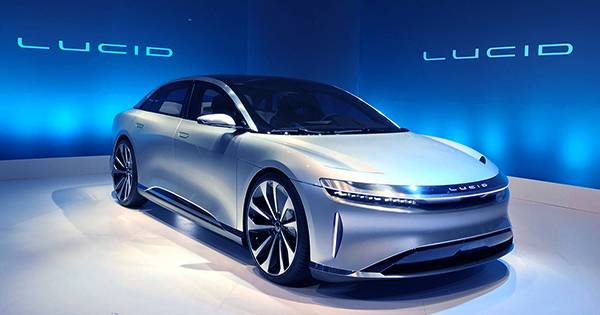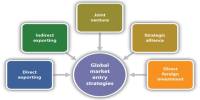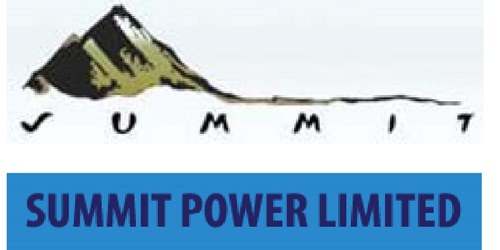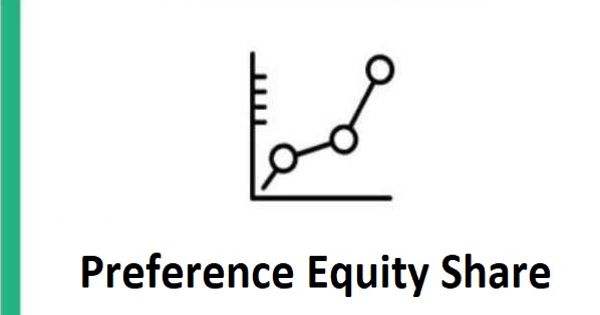Lucid Motors has reached an agreement to become a publicly owned business by merging with Churchill Capital IV Corp., a special-purpose entity in the largest deal between a blank check company and the launch of electric vehicles. The joint venture, where Saudi Arabia’s sovereign fund will continue to be the largest shareholder, will have a transaction equity value of $11.75 billion. The value of private investment in a public equity agreement is $15, with an underlying pro-form equity value of $24 billion. Bloomberg released the announcement more than a week later, citing unnamed sources as saying that a deal was nearing completion.
Lucid announced this year to even lower price with electronic car startups, following other strings even after SPAC integrated, including Advent, Kano, Fischer and Lordstown Motors. Several EV infrastructure companies, including EVgo and ChargePoint, have also become public entities through SPAC affiliations. Lucid was probably the most anticipated. The hype and speculation that has been circulating for weeks has pushed up the share price of Churchill Capital IV Corp. Since January 2021, its share price has raised more than $10 to 470%. Sky-high shares have fallen more than 30% since the announcement of the contract.
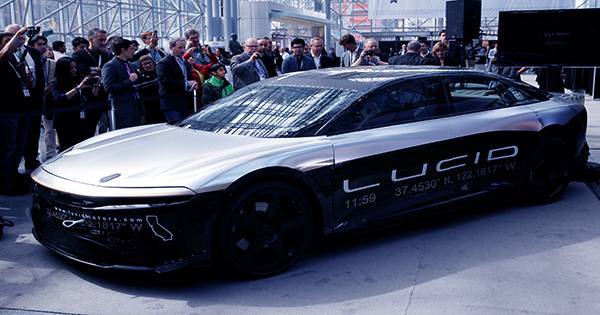
Churchill’s personal investment and cash will provide Lucid with about $4.4 billion in total funding. That capital will used to accelerate and expand Lucid’s plan. The company plans to begin production and supply of Lucid Air in North America in the second half of this year – a significant slip in the timeline; The company had earlier aimed to start deliveries this spring. The airline will arrive in Europe in 2022, then China in 2022. Gravity Performance Luxury SEV expected to hit the North American market in 2023. The cars will manufacture at the new factory in Casa Grande, Arizona.
Peter Rawlinson, CEO and CTO of Lucid, said Monday that the funds would used to bring the two cars to market as well as expand the factory in Arizona. The company plans to expand the plant in three more steps next year to scale production to 365,000 units per year. The initial phase of the $700 million factories completed late last year and will have the capacity to produce 30,000 vehicles a year.
Rawlinson said the deal would help Lucid realize its vision of providing third-party technology, such as electric vehicle technology, as well as energy savings solutions in its residential, commercial and utility sectors. The scaling of electric vehicle companies is not cheap or easy. Several years ago, Lucid relentlessly missed some time ago as it struggled to find an investor who could provide the capital needed to bring its ultra-luxe electric air sedan into production. The investor ended up as the Sovereign Wealth Fund of Saudi Arabia, which in September 2018 agreed to invest $1 billion in Lucid Motors. Lucid started as Atieva in 2007 as an organization founded by former Tesla VP and board member Bernard Tse and entrepreneur Sam Weng, focusing on the development of electric car battery technology. Preliminary research, development and final advances in components and overall electrical architecture will serve as a critical basis for future lucid lay, Which appeared at the end of 2016 with the new publicly stated purpose of making electronic vehicles (although the company had already been working on it silently for several years). Rawlinson, who left Tesla in 2013 to join Lucid as CTO, was one of the drivers behind the new mission. He later took over the CEO title and responsibilities.
Lucid often referred to as Tesla’s rival, but Rawlinson told TechCrunch that the German force must be a competitor to the Mercedes S-Class, the main manufacturer of internal combustion engines. Echoing Rawlinson’s earlier remarks in an investor presentation released Monday, he noted, “Tesla is innovative but not luxurious.” Lucid describes itself as a “post-luxury” and competes with “established luxury” brands Audi, BMW and Mercedes-Benz.
Lucid Tesla is taking a page out of the playbook and drawing the scale of production finally planned to give more affordable EVs. Rawlinson will remain as CEO and CTO. The deal expected to close in the second quarter.
